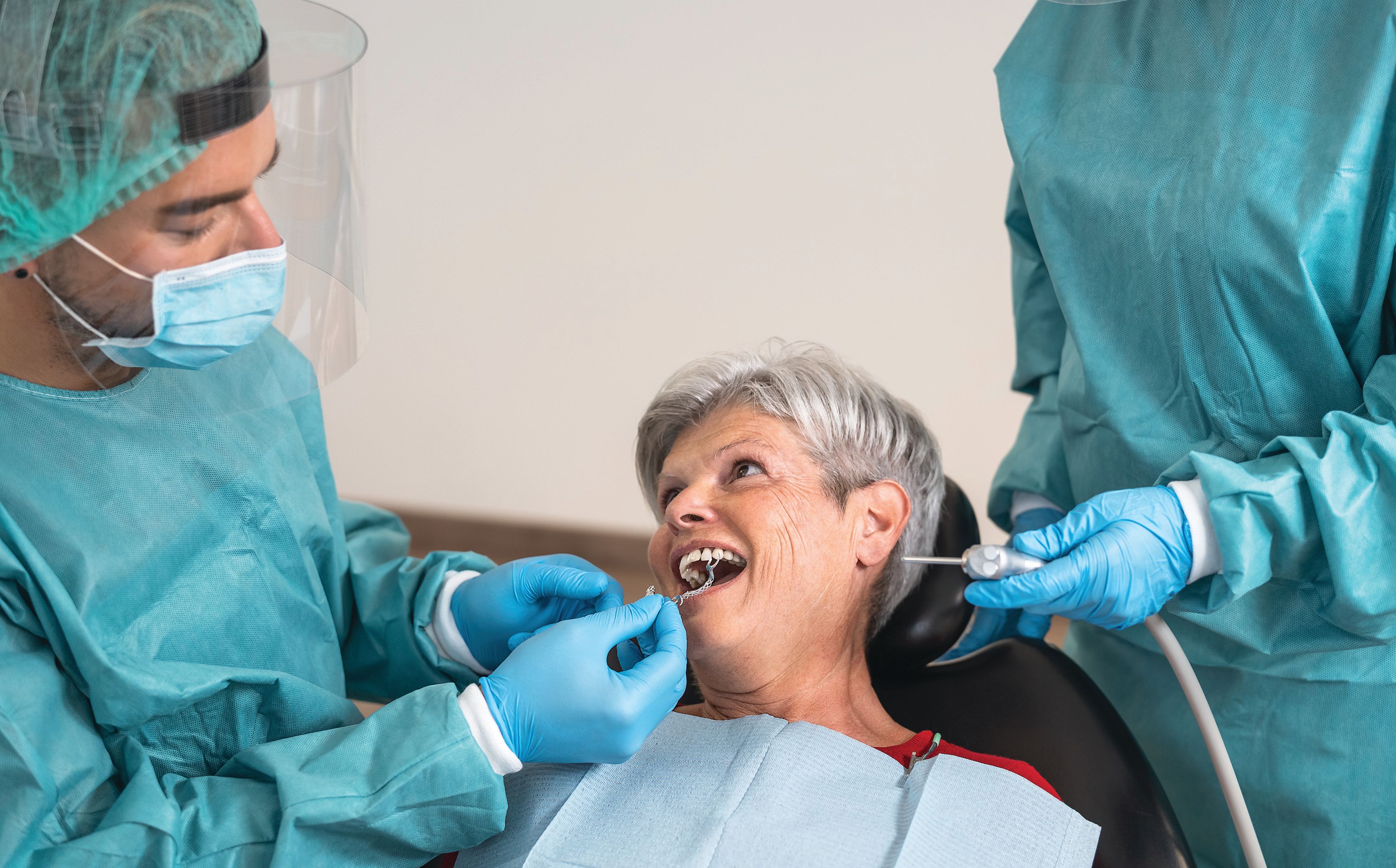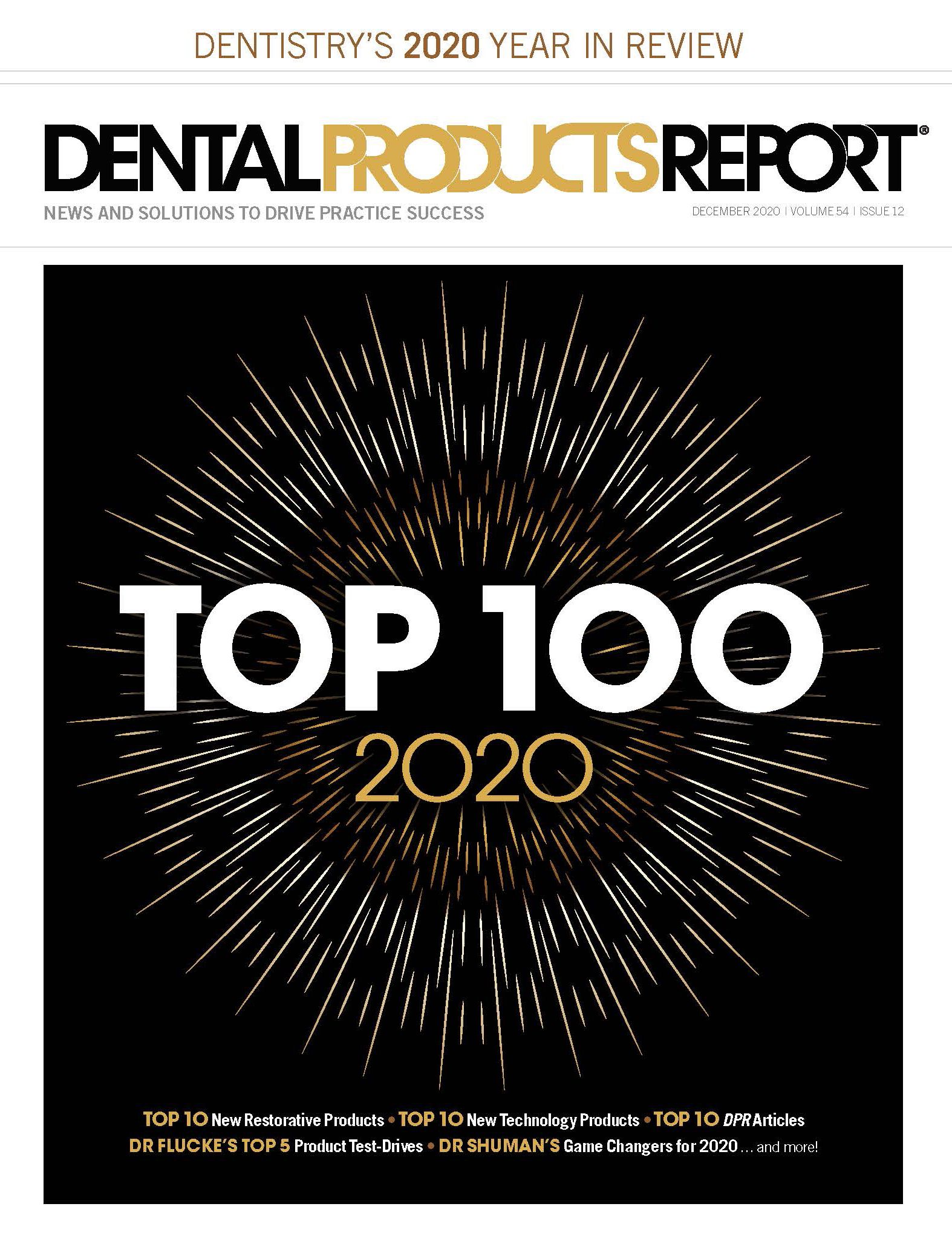Game Changers for 2020: A Different Perspective
After 2020 threw so many elements of life and work into chaos, how can your practice focus on the fundamentals for success in 2021?
© Alessandro Biascioli/Adobe Stock

Year-in-review articles are a staple in the public and professional media. Columnists offer their takes on lessons learned and predictions for the future. I’ve written many of these myself over the years. In normal times, I relish the opportunity to put a spotlight on game-changing technologies and their relevance for the dental community in the year to come. Like so many other things, this tradition feels a little different in 2020.
What does it mean to highlight “game changers” when coronavirus disease 2019 (COVID-19) is the 800-lb gorilla in the room? It rewrote schedules, protocols, patient communication, and personnel management. The importance of Zoom and virtual learning, along with new definitions of PPE, arose while taking a toll on our national mental and emotional health, not to mention the millions who contracted the disease. It is with this in mind that I wanted to recalibrate our focus: Instead of innovations driving change, what are the core values and guiding principles of patient care that remain unchanged in your practice?
I’d like to share some of what I heard in dialogue with the dental community this year.
Core Values
There are 2 pieces of dialogue from the dental community I’d like to name, and they are closely related. Making clinically sound decisions meant the patient first comes first. With so much up for grabs in 2020, you never lost sight of your No. 1 responsibility: providing optimal clinical care. Firstly, for some of you that meant investing in prerinses, upgrading your handpiece in evaluating aerosols, and creating a new office definition of “safe.” Secondly, for others, that meant keeping much of your workflow the same—prioritizing stability over incremental improvement. In every conversation, it was clear that your decisions began and ended with the patient in mind.
Addressing patient concerns and maintaining patient trust were the most important thing, and I’m pleased that our profession never lost sight of that.
Guiding Principles
Current events provided once-in-a-lifetime levels of distraction, but there were guiding principles at play as dental practices reopened.
First, innovation should align with impact. This wasn’t a year for cool toys or bells and whistles. Dentists, always discerning customers, continued to ask hard questions, engage in evidence-based decision-making, and seek out the products that would create the most value for their patients and practice.
One example of that was how dentists invested in “upgraded” basics. While there are some consumables best selected on price, this year I saw dental professionals lean hard into quality over affordability. When it comes to the systems and equipment that create the foundation of the patient experience—patient communication and billing, PPE, handpieces, etc.—you spent more to overdeliver at a time when patients were most vulnerable.
Last, but certainly not least, I was reminded how personal integrity drives professional success. The decisions around reopening—how to do so responsibly, establishing new protocols, supporting your staff, easing patient fears—weren’t always easy or straightforward. There was so much advice it was almost overwhelming. Seeing how many of you blended strategic thinking and compassion to find a way through was a reminder that integrity is always the right response.
This has been one heck of a year, but I’m so proud of the way the dental community navigated the complex challenges presented by the pandemic. We don’t know what 2021 has in store, but I am confident in our ability to overcome any hurdle. Here’s to remembering what matters most and why we chose this profession in the first place!

How Dentists Can Help Patients Navigate Unforeseen Dental Care
December 12th 2024Practices must equip patients with treatment information and discuss potential financing options before unexpected dental treatments become too big of an obstacle and to help them avoid the risk of more costly and invasive procedures in the future.